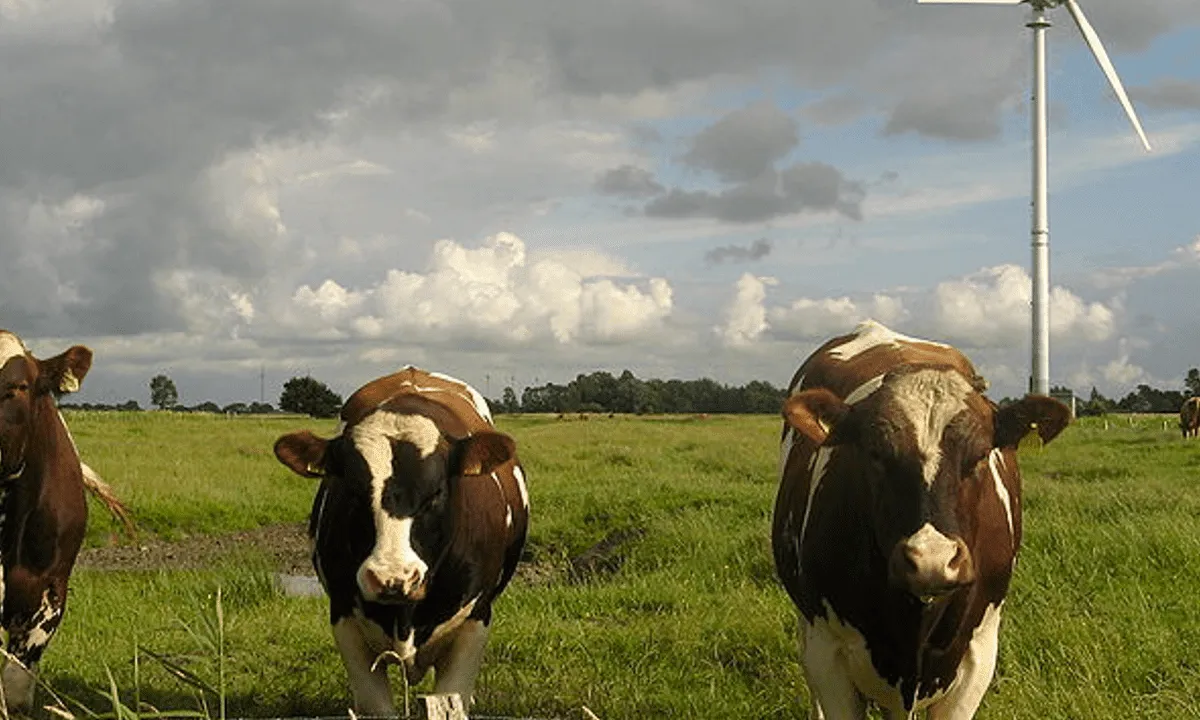
Energy and Environment 
This course offers a comprehensive exploration of energy and environment. Through scientific principles and real-world examples, you will learn about non-renewable and renewable energy sources, their benefits and consequences, and how to evaluate them from an environmental science perspective. You will also explore questions such as how to increase efficiency and conservation, and take a tour of the Dartmouth Powerplant and a field trip to a PV tracker solar system. Join this course to gain a deeper understanding of energy and environment and how to make a positive impact on the world. ▼
ADVERTISEMENT
Course Feature
![]() Cost:
Cost:
Free
![]() Provider:
Provider:
Coursera
![]() Certificate:
Certificate:
Paid Certification
![]() Language:
Language:
English
![]() Start Date:
Start Date:
10th Jul, 2023
Course Overview
❗The content presented here is sourced directly from Coursera platform. For comprehensive course details, including enrollment information, simply click on the 'Go to class' link on our website.
Updated in [July 18th, 2023]
The Energy and Environment course provides an in-depth exploration of both renewable and non-renewable energy sources. Through the application of scientific principles and real-world examples, students will gain an understanding of the benefits and consequences of using non-renewable fossil fuels such as coal, petroleum, and natural gas. Additionally, students will learn about renewable fuels such as wind and solar, and how even renewable “green” energy sources have impacts as well as benefits. The course will also cover biodiversity and global change, which are the integrating units of environmental science.
Questions such as “How do This courseevaluate coal, oil, and natural gas from an environmental science perspective?” and “How can This courseincrease efficiency and conservation?” will be explored. Students will also take a tour of the Dartmouth Powerplant and listen to a conversation with Dartmouth Sustainability Director, Rosi Kerr. Furthermore, a field trip to a PV tracker solar system, a visit to a straw bale house, and a conversation about waste vegetable oil as an energy source in India will be included.
Pros & Cons

Effective and concise lectures: Users appreciate the course's lectures for being to the point and precise, despite their short duration. This allows learners to grasp the key concepts efficiently without feeling overwhelmed with unnecessary information. Easily understandable reading materials: The course provides narrated reading materials that are easily comprehensible for anyone. This feature is particularly helpful for individuals who are new to the subject or may struggle with complex technical jargon. Users find this approach effective in ensuring that the course content is accessible to a wide range of learners.

Lack of in-depth content: Some users may find that the course lacks in-depth coverage of certain topics related to energy and the environment. While the concise nature of the lectures may be advantageous for some, others may desire more comprehensive information and analysis. Limited practical guidance: Although the course aims to educate learners on how to contribute to the environment, some users feel that it falls short in providing practical guidance on how to take action. While the course may be informative, it may not offer sufficient direction on implementing real-world solutions or making a tangible impact.
Course Provider

Provider Coursera's Stats at AZClass
Discussion and Reviews
0.0 (Based on 0 reviews)
Explore Similar Online Courses
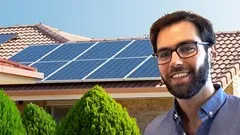
The complete SOLAR ENERGY course Beginner to advanced level
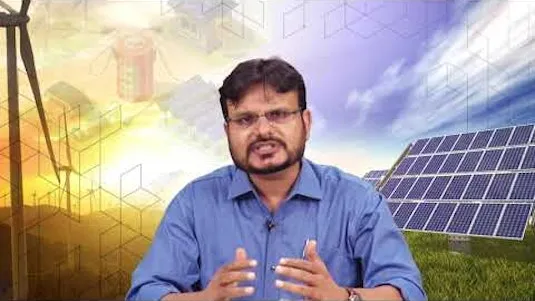
OEY-002: Renewable Energy Techology and Their Uses

Python for Informatics: Exploring Information

Social Network Analysis

Introduction to Systematic Review and Meta-Analysis

The Analytics Edge

DCO042 - Python For Informatics

Causal Diagrams: Draw Your Assumptions Before Your Conclusions

Whole genome sequencing of bacterial genomes - tools and applications
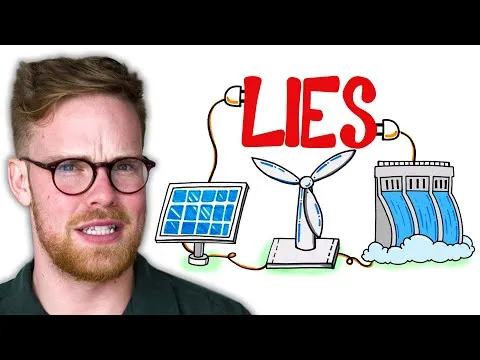
The Biggest Lie About Renewable Energy
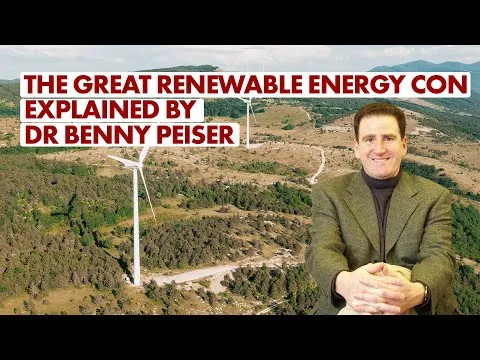
The Great Renewable Energy Con explained by Dr Benny Peiser
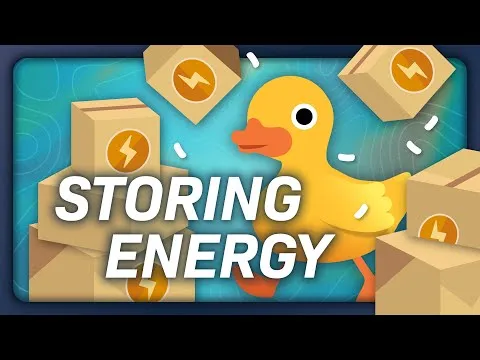

Start your review of Energy and Environment